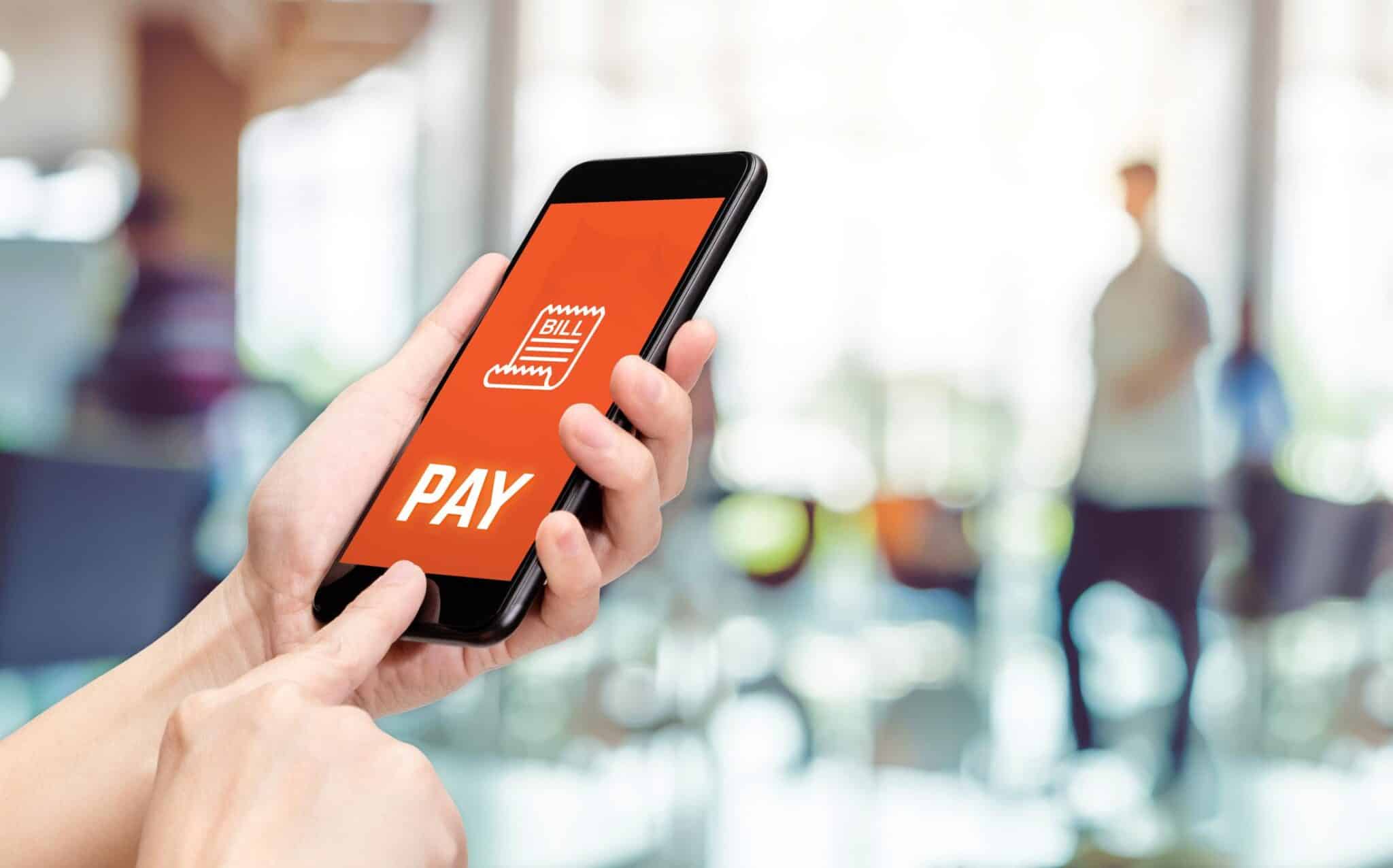The Benefits of Legal E-Billing Software for Your Law Firm
By Adrian Aguilera
May 17, 2022
| 6 min read
Get paid faster and more efficiently by replacing time-consuming admin and paper processes with legal e-billing software. Traditional billing processes often result in chasing down overdue payments. Even when paid, you’re hoping checks don’t bounce.
With e-billing, you reduce invoicing errors, and speed up payment with automated follow-ups and instant collection. In addition, a boost in productivity frees up more time for your client cases. This overview will cover how e-billing works, its benefits, and how you can quickly implement law firm e-billing into your firm.
What is Legal E-Billing?
With an e-billing system, law firms can streamline their billing processes by creating, reviewing, and sending client invoices electronically. This dramatically improves the traditional method of developing, enveloping, and sending invoices via snail mail. An e-billing solution also provides convenience as clients can view and instantly pay their bills with the click of a button.
How Does E-Billing Work?
When law firms use e-billing systems, it allows you to set timers and record billable hours (or add flat fees) directly into the invoice as the work occurs. Portals such as the MyCase invoicing software help you send your invoices electronically via email, text message, or the software platform.
You can also integrate the Legal Electronic Data Exchange Standard (LEDES) with Uniform Task-Based Management System (UTBMS) codes, so your invoices match universal standards. This electronic invoice will offer your client a clear and concise view of their billing items.
What is LEDES Format?
LEDES formatting provides law firms with a universal requirements standard for the format and order of items listed on invoices. These standards are inputted using a set of unique UTBMS codes for each invoicing element. In-house counsel in large organizations or big corporate clients—those that need one formatting system for all invoicing—are often seen using this.
This format makes processing and paying e-bills quicker and easier. With legal e-billing software, you can access and integrate LEDES billing and UTBMS codes for clients or organizations that require this format.
What Are the Benefits of E-Billing Systems?

Improved Law Firm Productivity
Traditional billing processes have long needed an upgrade. Manual invoice generation, time tracking, and delivery are a time suck. Legal e-billing platforms simplify and reduce the time it takes to track billable hours, thanks to timers, descriptions, and invoice automation features.
From there, the invoice is sent electronically to the client. These systems also allow you to see all your work per case. So, if you’re spending too much time on a certain case(s), you can set up a calendar meeting through the system and prioritize your team’s case load for the day.
Decreased Billing Errors and Boosted Cash Flow
Legal e-billing platforms have two huge benefits, which include:
- reducing invoicing errors
- increasing payments
This happens as all work is tracked and integrated into a single software service.
With a legal e-billing system, you can eliminate the last-minute scramble of figuring out what you worked on for the day, week, or month and the timing of each task. The software will automatically add all the billable hours from your calls, meetings, litigations, and more when it’s time for client invoicing.
You can also add additional work, hours, and flat fees using the invoice customization tools. As a result, your invoices are more precise and accurate, decreasing billing disputes and back-and-forth questions.
You can send the invoice via email, text, or the e-billing platform. This instantaneous e-billing system can increase your firm’s cash flow as clients can quickly pay their bills. Furthermore, you can set up payment plans (with automated reminders) for clients who cannot pay in one lump sum. In the long run, you’ll increase your payment collection percentages while delighting your clients with flexible and easy payment options.
Enhanced Transparency and Client Trust
In this era of e-commerce, an e-billing solution is an essential component of a high-quality service that clients expect. With credit, debit, and ACH (eCheck) payment options, clear service descriptions, and installment plans, e-billing allows you to earn greater client trust and value than cash or check invoices.
All your client needs is a desktop/mobile device and an internet connection to pay the bill. This reduces delays both ways, which means happier clients and a healthier payment collection flow. As a result, increased invoice transparency increases the likelihood of five-star reviews.
How Can I Implement E-Billing Software?

Adopt a Cloud-Based Solution
Cloud-based systems specializing in law firm productivity are the best way to implement e-billing for your law firm. These systems are designed specifically for the needs of law firms and are an all-in-one software service. As a result, you won’t fumble through multiple programs.
Features such as cloud-based document management, workflow automation, calendaring, time tracking, billing, and invoicing work in unison to provide user-friendly and accurate e-billing that is easy for your team to use.
Establish a Concise E-Billing Policy
An e-billing policy is necessary to help your team and clients understand how the e-billing process works for them. This further ensures that the client agrees to the payment process, options, and timelines.
You’ll also need a policy for your team that outlines how the legal electronic billing system will replace current manual processes. You can start by directing your team to attend a Zoom product intro with the e-billing software representative. From there, you should map out and introduce a clearly-written guide. This will help your team when implementing the new e-billing software.
Although e-billing automates the invoicing process, your firm’s e-billing policy should include an internal invoice review system that ensures clear and concise invoices—especially when LEDES formatting is required. Lastly, your policy should outline who will review and follow up on any potential dispute or collection issues. You can smoothly roll out law firm e-billing into your business with a clear policy in place.
Build E-Billing Invoice Templates
E-billing software may come equipped with broad templates; however, you should create custom templates as starting points for each portion of your billing services. This customization is one of the best elements of legal e-billing management that can serve as a base point for every area of your law firm’s work. You can then use time tracking, payment, and reporting tools to create well-structured invoices. For more information, check out this article on how to invoice efficiently.
Choose the Best E-Billing Software for Your Law Firm
MyCase legal e-billing software provides everything you need for smoothly implementing the system into your law firm’s invoicing, payment, and collection process. Stop wasting time with archaic invoicing and adopt a user-friendly e-billing system that will help your firm get paid faster, improve productivity, and increase client trust. Try MyCase today—risk-free with a 10-day free trial.


